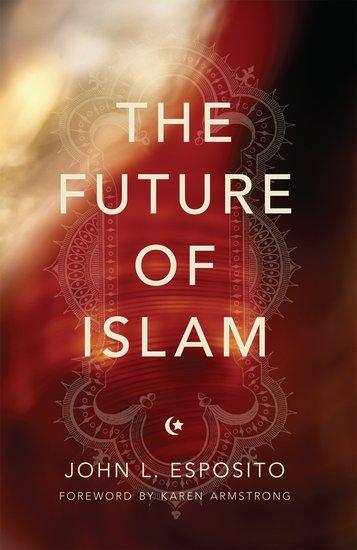(MENAFN- Kashmir Observer)
Reading John L. Esposito's 'The Future of Islam'
By Dr Tauseef Ahmad Parray
'The Future of Islam' is an insightful and perceptive work proposing the way forward for a better future for Islam, Muslims and the West
TODAY Islam is the fastest-growing religion in Africa, Asia, Europe, and America. More than 1.5 billion Muslims are living in 56 majority Muslim populated countries worldwide and some significant minorities in Europe and America (where it is second and third-largest and fastest-growing religion respectively). That is, presently, Islam is more dispersed around the globe, and its capitals and major cities cover a global expanse from Cairo to Jakarta in the Muslim world and from New York and Los Angeles to Paris, London, and Berlin in the West.
But, at the same time, over two decades (21 years) have passed since the tragic events of 9/11, but still many speak of—and still believe in—the 'clash of civilizations', 'What went wrong?' or 'Why do they hate us?' At the same time, there are a number of questions raised and asked about Islam, as if everything good is related to the other part of the question and as if whatever is wrong, is part of Islam.

>1. In the 21st century, Muslims—throughout the world—stand at“major crossroads”, as they face a world of multiple modernities, and thus struggle with living and practicing their“faith in a rapidly changing world”(p.195);
2. Reform-minded Muslims—equipped to reinterpret Islamic sources and traditions to meet the challenges of modernization and development, leadership and ideology, democratization, pluralism, and foreign policy—are articulating a“progressive, constructive Islamic framework” (p. 195);
3. The fundamental problem for the development and long-term stability in the Arab and Muslim worlds“is not the religion of Islam or Islamic movements but the struggle between authoritarianism and pluralism” (p.196);
4. The future of Islam and Muslim-West relations remains a key political and religious issue; and that inter-civilizational dialogue is not only a prerogative of religious leaders and scholars but is now“a priority for policymakers and corporate leaders” and is“the agenda for international organizations” (p.198);
5. It is necessary to recognize that the Children of Abraham are part of, not only the Judeo-Christian heritage, but of a rich Judeo-Christian-Islamic history and tradition; therefore, steps should be taken—and efforts be made—to hook up this“missing link”, for the“peoples of America, Europe, and the Muslim world have many shared values, dreams and aspirations” (pp.198-9)
The book ends with this striking (inspiring and perceptive) message:“The future of Islam and Muslims is inextricably linked to all of humanity. All of our futures will depend on working together for good governance, for freedom of religion, speech, and assembly, and for economic and educational advancement” (p.199).
In sum, The Future of Islam is very insightful, perceptive, and comprehensive work that proposes the way forward for a better future for Islam, Muslims and the West. It is highly recommended for all those interested in knowing about the past, present, and future of Islam and the Muslims, and of the Muslim-West relations.
- The author is Assistant Professor, Islamic Studies, at GDC Sogam, Kupwara (J&K). Email: [email protected]
Follow this link to join our WhatsApp group : Join Now
MENAFN09042022000215011059ID1103983695
Legal Disclaimer:
MENAFN provides the information “as is” without warranty of any kind. We do not accept any responsibility or liability for the accuracy, content, images, videos, licenses, completeness, legality, or reliability of the information contained in this article. If you have any complaints or copyright issues related to this article, kindly contact the provider above.